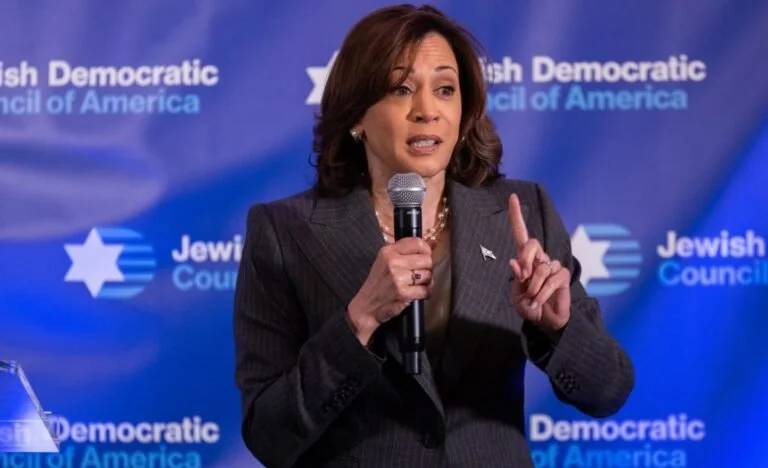The Vice President of the United States, Kamala Harris, highlighted this Thursday that there has been “significant progress” in the partnership between her country and the Caribbean region to mitigate the effects of the climate crisis. “As neighbors, the US shares common ties and interests with the nations of the Caribbean. We firmly believe that our partnership is essential to our mutual security and prosperity,” she said at the start of a summit in the Bahamas between her country and the Caribbean Community (Caricom). Harris, who is co-hosting the summit with the Prime Minister of the Bahamas, Philip Davis, stressed that strengthening that relationship is “a priority” for her and for President Joe Biden and that meetings like today’s have proven to be “very important.”
Caricom members are Antigua and Barbuda, Barbados, Bahamas, Belize, Dominica, Grenada, Guyana, Haiti, Jamaica, Montserrat, Saint Kitts and Nevis, Saint Lucia, Saint Vincent and the Grenadines, Suriname, and Trinidad and Tobago. This is the fourth multilateral meeting. Last year, at the Summit of the Americas, these discussions resulted in the launch of the US-Caribbean Partnership to Address the Climate Crisis, or PACC 2030. “PACC 2030 is designed to help accelerate the Caribbean’s transition to clean energy and promote energy security and climate resilience,” Harris stressed. Through this initiative, the Vice President announced today an investment of 20 million dollars (18 million euros at today’s exchange rates) from the Caribbean Climate Investment Program to mobilize the private sector to implement new technologies to help with climate adaptation.
She also reported a $15 million investment to support disaster risk reduction and emergency response efforts. Through PACC 2030, the US has supported the development of clean energy infrastructure and climate adaptation projects, and technical assistance in the Caribbean region. “Another key area of our work with the Caribbean is increasing access to financing for development,” said Harris, who explained that with that objective she met earlier this week with the new president of the World Bank, Ajay Banga. “We seek more availability and availability of low-cost concessional financing for Caribbean nations and believe that addressing the climate crisis must be a fundamental part of the World Bank’s mission,” she added.
To be more precise, she indicated that new debt must include disaster clauses to allow a pause in debt payments immediately after a natural disaster.

